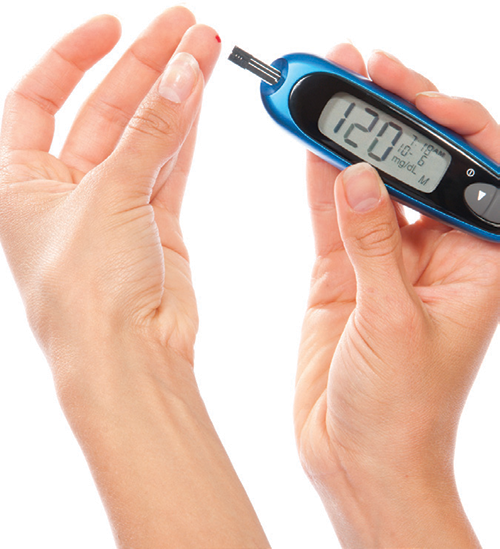This study aimed to determine whether gender affects the myocardial metabolic response to lipid lowering in T2DM, and whether altering lipid [fatty acid (FA) or triglyceride] delivery to the heart would lower the elevated myocardial lipid metabolism associated with T2DM, and whether decreasing lipid delivery improves diastolic dysfunction in T2DM. The authors studied 78 T2DM patients (43 women) with positron emission tomography, echocardiography, and whole body tracer studies before and 3 months after randomization to metformin (MET), metformin + rosiglitazone (ROSI), or metformin + Lovaza (LOV). The results showed that in men, MET decreased FA clearance, which was linked to increased plasma FA levels, myocardial FA utilization and oxidation, and lower myocardial glucose utilization. In women, ROSI increased FA clearance, thereby decreasing plasma FA levels and myocardial FA utilization. Although LOV did not change triglyceride levels, it improved diastolic function, particularly in men. Group and gender also interacted in determining myocardial glucose uptake. Thus, in T2DM, different therapeutic regimens impact myocardial metabolism and diastolic function in a gender-specific manner. This suggests that gender should be taken into account when designing a patient’s diabetes treatment. Am J Physiol Heart Circ Physiol, December 2013. PMID: 24043256







